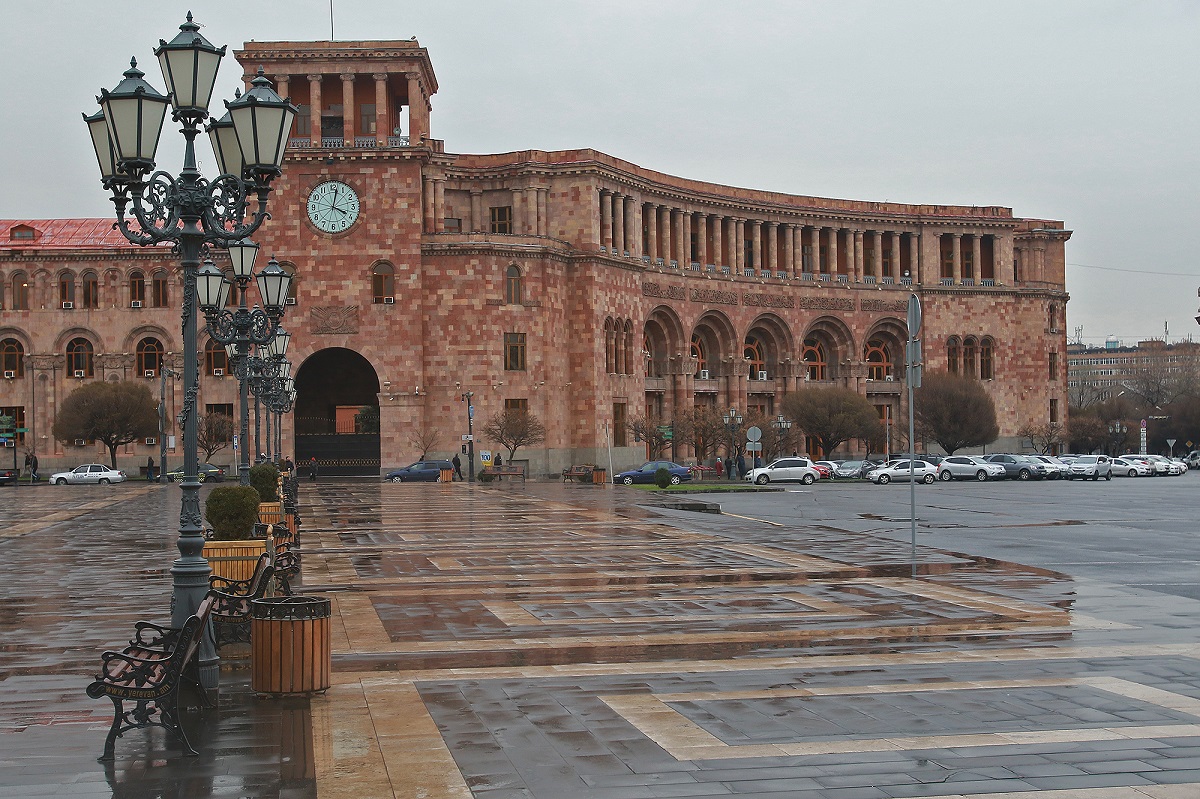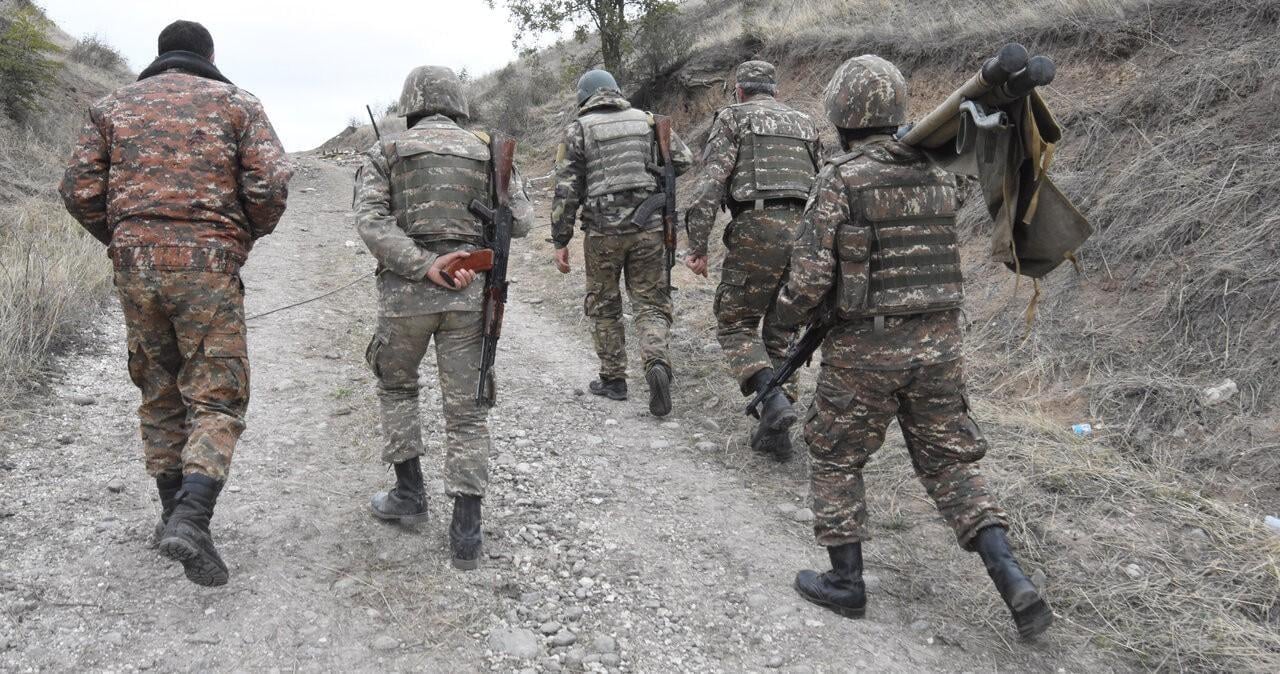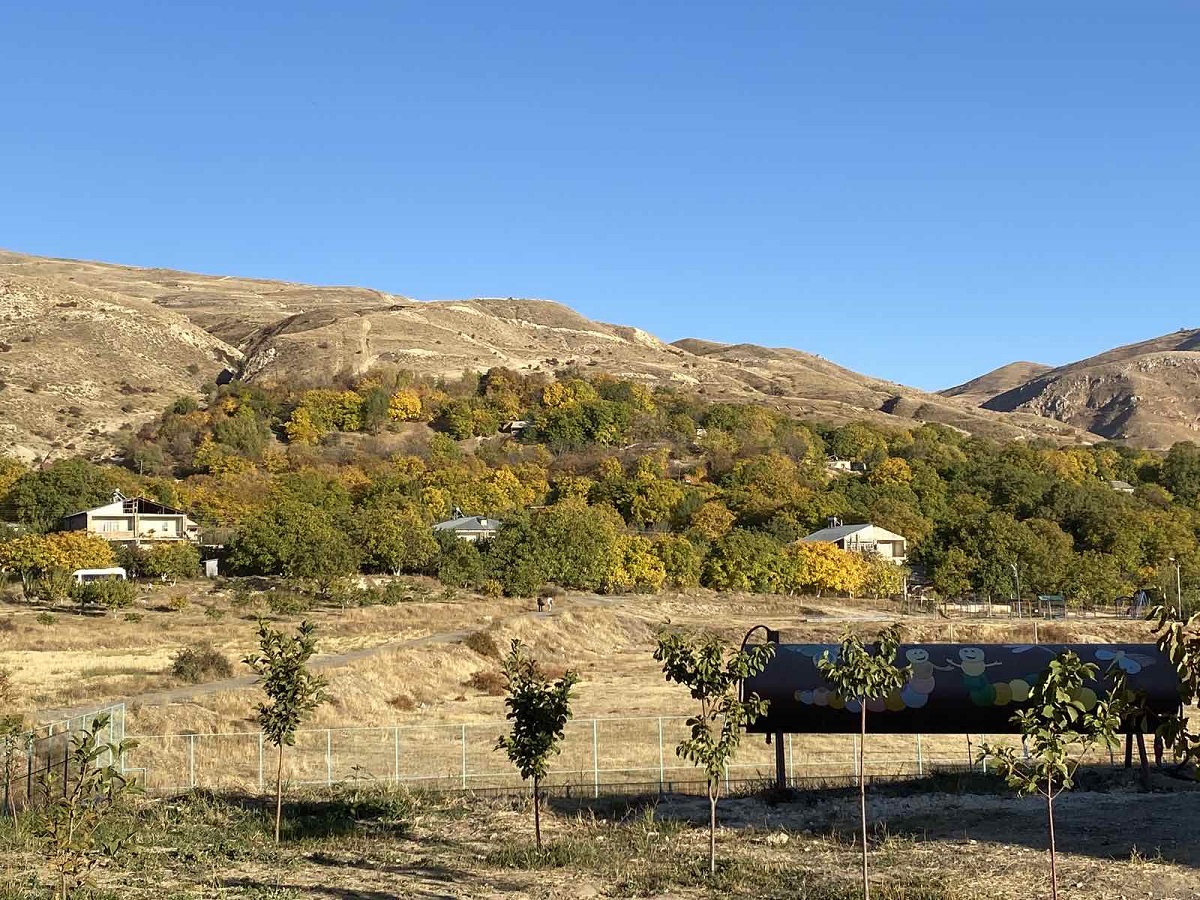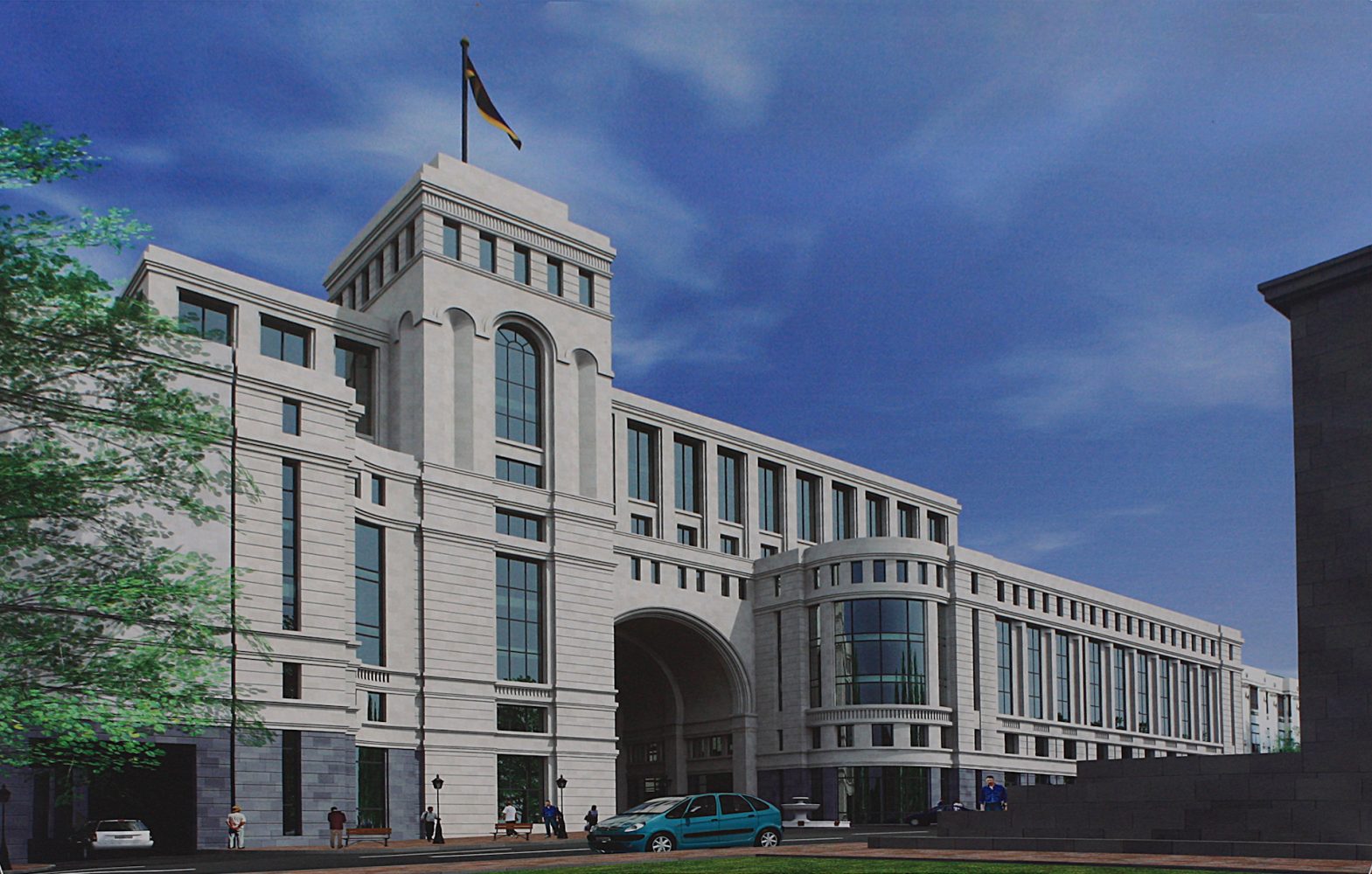How a resort town became a battlefield: personal story from the last war on the Armenian border
Relocated in the days of the September escalation
The September hostilities on the border with Azerbaijan were declared by the Armenian government to be “unprovoked and unjustified aggression” upon the sovereign territory of the country. For two days the armed forces of Azerbaijan continuously shelled border settlements of three regions of Armenia – Vayots Dzor, Syunik and Gegharkunik. They suffered significant damage, nd more than 7,600 people were evacuated – the elderly, women nd children. These were temporarily relocated to other regions of the country. But now they want to return to their homes, though there is no guarantee that they will not have to leave them again if hostilities resume.
The story of 35-year-old Mariam Arakelyan from Jermuk is typical of many forced to leave their towns on September 13-14. She agreed to talk about what happened – from the very first minutes of the escalation, how and where she left with her two sons. Mariam is a social worker and continues to work remotely.
- “Azerbaijan intends to occupy other territories of Armenia” – Pashinyan from UN rostrum
- Are there countries ready to sell weapons to Armenia? Opinions from Yerevan
- “Not a single millimeter of Armenian territory is up for debate” – Pashinyan
“Three moves in one night”
“It was midnight; I was reading a book. A terrible roar was heard. Since fireworks are often organized in Jermuk on various occasions, that’s what I thought it was. But my husband said: Wake up the kids; we’re leaving. I don’t remember how we dressed, how we took the children out of the house,” Mariam relates.
The experience of the previous war, 44 days of hostilities in Karabakh in 2020, meant they were prepared. In a matter of minutes the family reached the nearest bomb shelter.
“Everything I saw that night I had only seen in movies before. We reached the shelter to the sound of exploding rockets. For tourists this was an unusual situation. Many took pictures, not fully understanding what was happening. Some were in tears, others were trembling at the sound of the explosions. Even in the shelter the sounds of shelling were loud,” Mariam recalls.
After spending several hours in the shelter the family decided to move with their children from Jermuk to the neighboring town, where Mariam’s father’s house is.
“With the headlights off, at high speed, holding our breath, we drove the children in complete darkness. We didn’t sleep at all that night,” she says.
After a few hours the Azerbaijani Armed Forces began bombarding this place as well, so the family hid out in a basement then finally evacuated to still another town.
“People need more than just financial support”
Mariam is an employee of the Unified Social Service of Jermuk and continues to solve the problems of the residents of the city with her colleagues. Now she works remotely, in a state of emergency. And helping evacuees is now one of her responsibilities.
Among priority tasks is providing them with housing, food, hygiene items, clothing.
To assess the needs of the displaced and coordinate support, the Ministry of Labor and Social Affairs has created an electronic platform for registering their most pressing needs.
However, according to Mariam, along with material assistance, the displaced also need psychological support. The office of the Ombudsman of Armenia is now mobilizing a team of psychologists to work with them.
“Today we all need psychological support. Mechanisms are needed to help us control our mental state. This issue cannot be resolved in ten minutes, it cannot be a one-time thing,” Mariam believes.
According to her, children have a harder time adapting to the situation. Mothers are worried about how they will go to school.
The Ministry of Education reports that as a result of the bomardment, two schools have been destroyed. 24,873 students from 172 schools and 5,808 children from 69 kindergartens cannot continue their education.
“As a mother of two children, I am very worried that the right of our children to receive an education, the right to live in their homes, has been violated. They are enshrined in Armenian legislation and international conventions. There is no specific solution yet. Either we will have to switch to distance learning, which for various reasons is not suitable for everyone, or wait until we return to our towns, and they’ll have to go to school on Saturdays,” Mariam says.
“We need to be prepared for emergencies”
Mariam says that the shelling of Jermuk was a complete surprise to its inhabitants. The people of Jermuk, already familiar with the horrors of war and post-war problems, did not imagine that hostilities could reach their city.
“True, we already knew where to go, where to hide, we knew that we had to turn our phones off, not post information, photos, videos on the internet. But this, I think, is not enough. We must be prepared for a variety of emergencies. Both physically and mentally.
We need to learn how to provide first aid, take military training courses, we need knowledge and mechanisms for the coordinated work of state and non-state bodies. Each step must be coordinated, each person and each body must know exactly what to do,” Mariam believes.
All displaced people, she said, are waiting for peace and security guarantees to return to their homes:
“Today, all residents of Jermuk expect guarantees from the state, international organizations and superpowers that security will be ensured, first of all, for children. The locals are creative and hardworking people. In safe conditions, they will rebuild their city again.
Mariam says that Jermuk is not a military town. Jermuk is a hospitable, quiet place where people greet even strangers on the street.
Since it has been relatively calm here in recent days, she has decided to return to be with her husband. She rues that the city has been deserted:
“The destruction in my city, the lack of tourists and residents is depressing. It’s like a horror movie. There are no people on the streets of Jermuk.”
Jermuk and other border towns suffered significant damage. According to the Ministry of Territorial Administration and Infrastructures, about 200 private houses and buildings, local administration buildings, three hotels, and one medical facility were damaged. Seven power supply facilities, five water supply facilities, three gas pipeline sections, and one bridge were also damaged.
But Mariam has not lost optimism; she believes that everything can be overcome:
“No matter what happens, we will live in Jermuk, we will defend our land, our home, our homeland.”
Relocated in the days of the September escalation






















